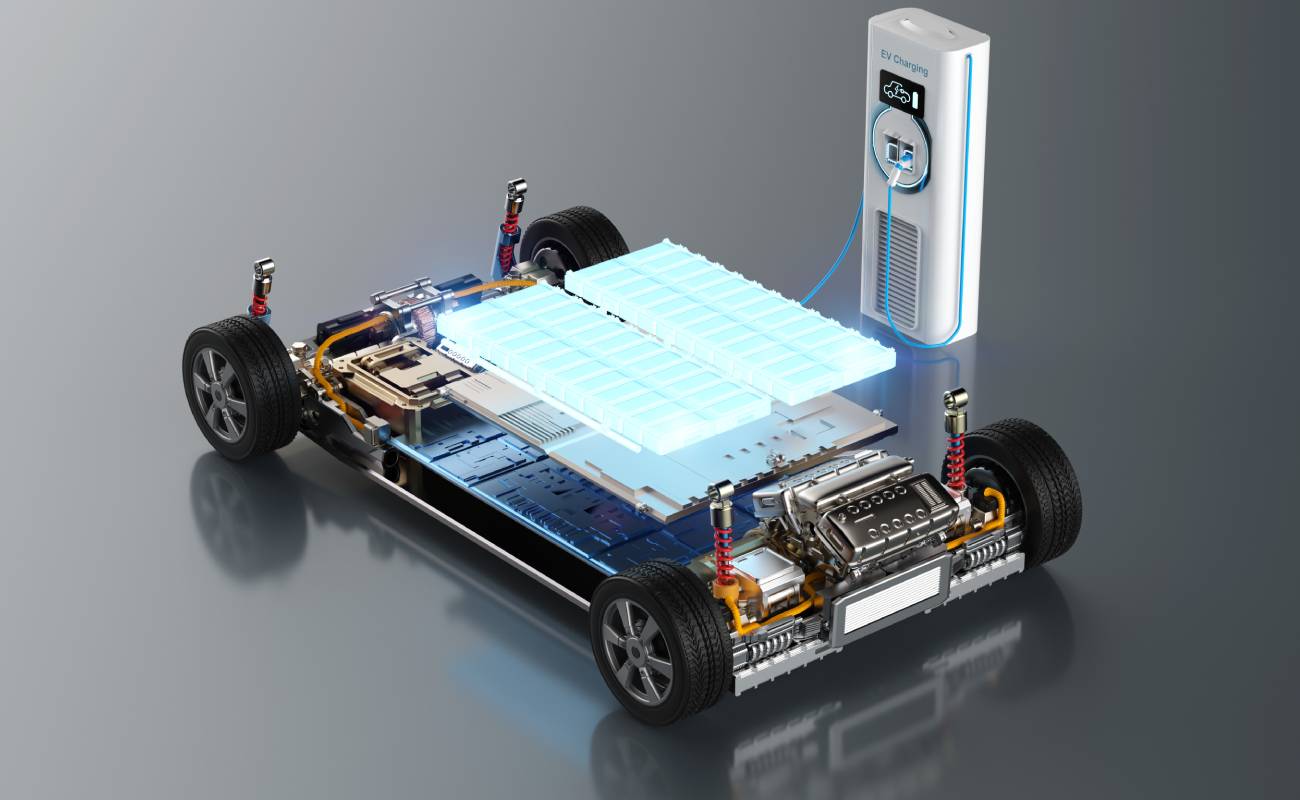How Much Does a Car Battery Weigh? A Complete Guide
Electric vehicles (EVs) have revolutionized transportation, but many potential buyers find themselves puzzled by one crucial question: Just how heavy are these advanced power sources? Battery weight isn’t just a technical specification—it’s a critical factor that impacts everything from vehicle performance to driving range.
Battery Weight Breakdown by Vehicle Category
Compact Electric Vehicles
Most entry-level electric cars carry batteries weighing between 300 and 500 pounds (136-227 kg). These compact powerhouses typically pack:
- Battery capacities of 40-60 kWh
- Ideal for city driving and short commutes
- Examples include the Nissan Leaf and Chevrolet Bolt
Mid-Size Electric Vehicles
As vehicles grow, so do their power needs. Mid-size electric cars feature batteries weighing:
- 500-800 pounds (227-363 kg)
- Battery capacities range from 60-85 kWh
- Offering extended range and more robust performance
- Popular models: Tesla Model 3 and Volkswagen ID.4
Large Electric SUVs and Trucks
Heavy-duty electric vehicles demand substantial power sources:
- Battery weights spanning 800-1,500 pounds (363-680 kg)
- Capacities between 85-120 kWh
- Designed for maximum range and power
- Standout examples: Tesla Model X and Ford F-150 Lightning

What Determines Battery Weight?
Battery Capacity: The Primary Influencer
The size of a battery’s energy storage directly correlates with its weight. Larger capacities mean:
- Extended driving ranges
- Increased vehicle weight
- More complex energy management systems
Battery Chemistry: A Weighty Consideration
Not all battery technologies are created equal:
- Lithium-ion: Current industry standard with optimal energy density
- Lithium Iron Phosphate (LFP): Slightly heavier but more stable
- Emerging solid-state technologies: Promising significant weight reductions
Manufacturing Innovation
Industry leaders continuously push boundaries by:
- Developing more compact battery designs
- Improving energy efficiency
- Reducing overall battery weight
Performance Implications of Battery Mass
The Silver Lining of Weight
Heavier batteries aren’t all bad. They offer:
- Lower center of gravity
- Enhanced vehicle stability
- More balanced weight distribution
Performance Challenges
However, the increased weight comes with trade-offs:
- Potential reduction in acceleration
- Higher energy consumption
- Slight decreases in overall efficiency
Comparing Electric and Traditional Batteries
Traditional Lead-Acid Car Battery
- Typically weighs 30-50 pounds (13-23 kg)
- Primarily used for starting engines
- Limited to powering basic electrical systems
Electric Vehicle Battery
- Weighs between 300-1,500 pounds (136-680 kg)
- Serves as the vehicle’s primary power source
- Includes sophisticated battery management systems
The Future of Battery Technology
Emerging Innovations
The horizon looks promising with the following:
- Solid-state battery developments
- Advanced lightweight materials
- More efficient battery cell designs
Expected Technological Improvements
Experts predict significant advancements:
- Potential 30-50% weight reduction in the next decade
- Increased energy density
- More streamlined manufacturing processes
Charging Your Electric Vehicle: What You Need to Know
Battery weight isn’t just about performance—it’s also about how efficiently you can charge your electric vehicle. Home charging has become increasingly crucial for EV owners, offering convenience and cost-effectiveness.
Factors to consider when choosing a home charging solution:
- Rapid Charging Capability: Supports multiple charging speeds
- Compact Design: Lightweight and easy to install
- Compatibility: Works with most electric vehicle models
- Energy Efficiency: Designed to minimize electricity consumption
For those looking to optimize their home charging experience, the Tayniu SpeedyPro stands out as a top-tier solution.
Practical Advice for EV Shoppers
- Carefully review manufacturer specifications
- Assess your typical driving range requirements
- Understand how battery weight impacts overall performance
- Research battery warranty and potential replacement costs
Disclaimer: Battery specifications vary. Always consult manufacturer data for the most accurate and up-to-date information.
References:
- U.S. Department of Energy – Electric Vehicle Batteries
- International Energy Agency (IEA) – Electric Vehicle Insights
- Society of Automotive Engineers (SAE) – EV Technology
- National Renewable Energy Laboratory (NREL)
- Electric Power Research Institute (EPRI)
- InsideEVs – Battery Technology News
- CleanTechnica – EV Battery Innovations
Note: These links are current as of December 2024. Always verify website URLs and content accuracy.
Last Updated on December 25, 2024 by tayniu
